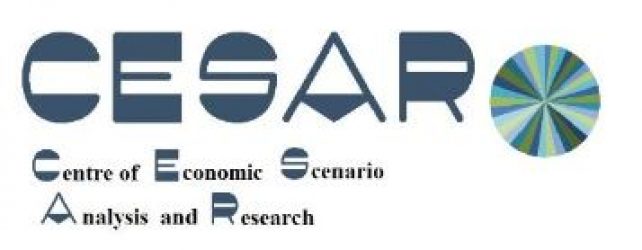In the remaining project period, the scenarios will be simulated with the integrated energy-economy model in order to see their energetic, decarbonisation as well as socio-economic effects. The model-based approach allows to identify trade-offs, rebound effects and long-term effects and ensures consistency. The modelling exercise results in quantitative estimates for several indicators (GDP, CO2 emissions, energy consumption, value added by industry employment by industry etc.). The simulations are all run until 2040 and compared to a baseline scenario.
Following the calculations, the obtained results are compiled, analysed and interpreted with reference to the project’s objectives. Main point of interest is to highlight the consequences of a full decarbonisation of important non-ETS sectors as well as the effects of stronger electrification and sector coupling. Especially domestic leakage effects in terms of quantities and prices (costs of emission permits) and electricity sector results are of interest.
Finally, suitable strategies (including political measures) that support the decarbonisation of heating and mobility are presented and policy recommendations are expressed.
Working papers:

